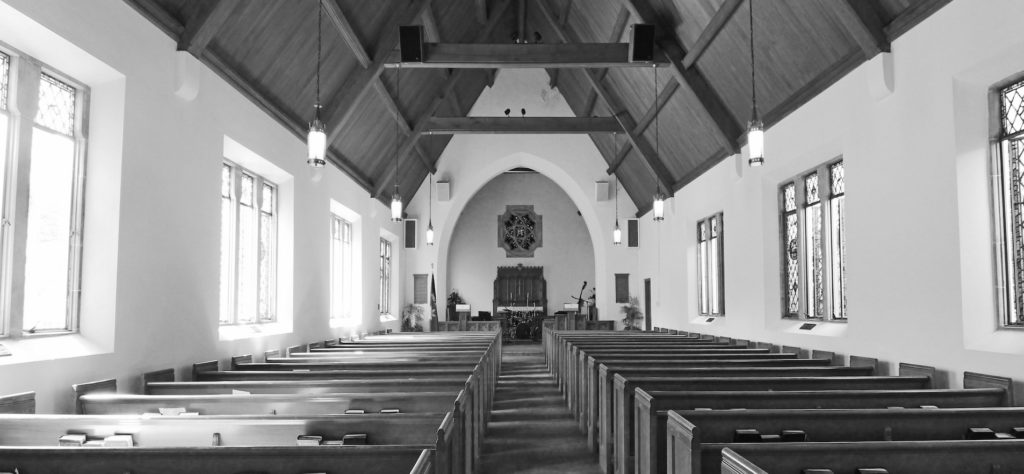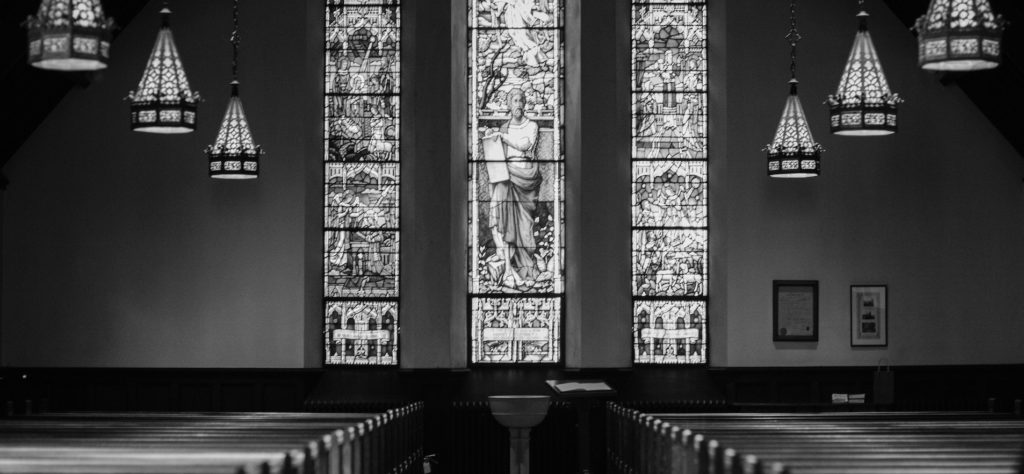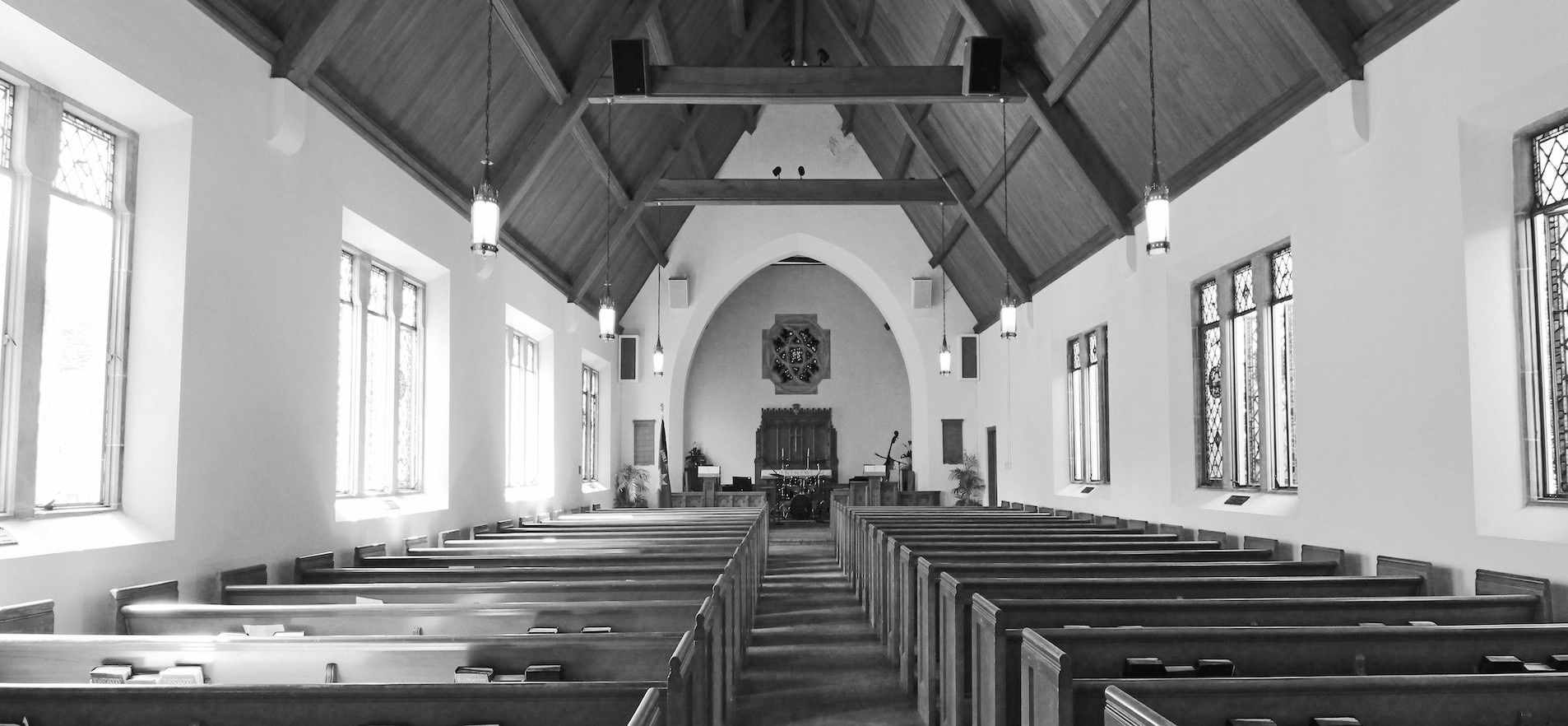Episode 119: A Church Called Tov (Pt. 1)
In this episode we sit down with Dr. Scot McKnight and Laura Barringer to discuss their book A Church Called Tov: Forming a Goodness Culture That Resists Abuses of Power and Promotes Healing. This is a two part episode.

Be sure to subscribe to our YouTube Channel and follow us on Instagram, Facebook and Twitter to stay connected with us throughout the week!
It was a disorienting experience to have our church covering up the truth… it launched a series of conversations about how Scripture was not being interpreted the way it should…
Around the same time, I read a book on the German pastors and how they responded to the Holocaust that shocked me… it showed the power of sinfulness of Christian leaders… when confronted by the truth, they didn’t confess their sins…
Pastors have an enormous power over people… and have the capacity to assume a platform and narrate a story that trusting people are going to believe… when the narrative is distorting, cynicism arises in the church…
I found the way that Matthew 18 was being used irritating… they were using that text to say that if a woman thinks that a leader abused her, she has a responsibility to tell him… that will protect a pastor every time…
We need to ask, “Who has the advantage?” when Matthew 18 is being used… it is never appropriate to require a victim of abuse to confront their abuser privately…
A sign of institutional narcissism is when you shift from thinking that your church is helpful to thinking that your church is the best church in the world and where you think that all other churches are inferior…
This isn’t just an issues with megachurches… small churches are impacted by it too… thinking that you are the true people of God is insidious and dangerous…
Since writing this book, we’ve gotten tons of letters from people who have been impacted by power-through-fear cultures…
Power is a very interesting phenomenon that is wielded wisely and recklessly by the same people in the same churches, and we need to be more conscious of it…
There’s such a thrill for people to be in the pastor’s inner circle, that it becomes like a shield of pride… but it’s a double-edged sword—you can both welcome people in and kick them out… it’s like a drug for many people…


 Be sure to subscribe to our
Be sure to subscribe to our 
